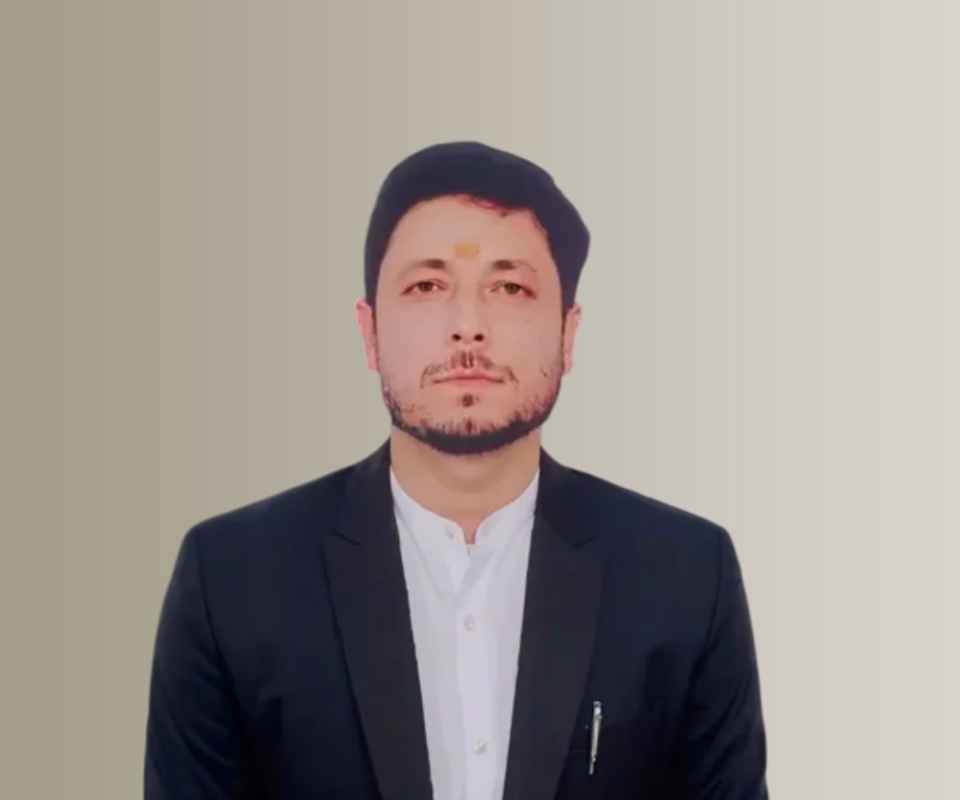Answer By law4u team
Under Indian law, Indian citizens can be extradited to other countries if the legal requirements under the Extradition Act, 1962, and applicable treaties are met. However, there are significant safeguards and constitutional protections to ensure that extradition does not violate fundamental rights or lead to political persecution.
Can Indian Citizens Be Extradited To Other Countries?
Legal Basis for Extradition of Indian Citizens
The Extradition Act, 1962 does not exempt Indian nationals from extradition. They can be surrendered if the offense qualifies under treaties and Indian law.
Safeguards and Judicial Oversight
Courts carefully scrutinize extradition requests involving Indian citizens, ensuring compliance with principles such as double criminality, fair trial guarantees, and human rights protections.
Constitutional and Human Rights Protections
Extradition cannot violate fundamental rights under the Indian Constitution, such as the right to life, personal liberty, and protection from torture or inhumane treatment.
Political Offence Exception
Indian citizens will not be extradited for political offences or where there is a risk of persecution.
Diplomatic and Governmental Review
The central government, particularly the Ministry of External Affairs, assesses the diplomatic implications before approving extradition.
International Cooperation
Extradition treaties with other countries provide the framework, and India respects its international obligations balanced against national interests and individual rights.
Example
If the United States requests extradition of an Indian citizen accused of cybercrime, Indian courts will verify the offense’s recognition in Indian law, ensure the request’s legality, and uphold constitutional safeguards before ordering extradition.
Steps the consumer should take:
Obtain experienced legal representation for extradition cases involving Indian citizens.
Understand rights under Indian law and available defenses.
Monitor judicial proceedings and file appeals if necessary.
Communicate with the Ministry of External Affairs for updates and clarifications.
Raise objections if extradition violates constitutional or human rights.
Seek assistance from consular or diplomatic channels if applicable.







